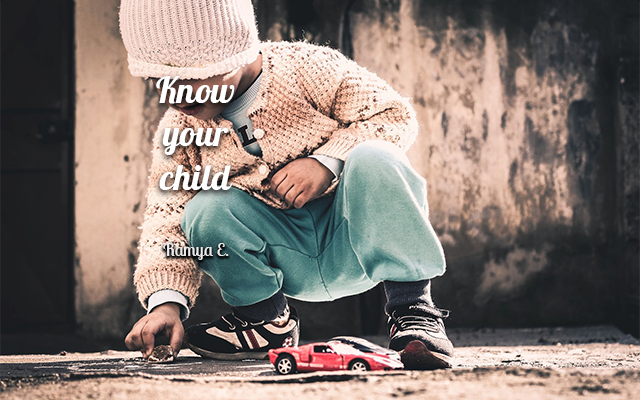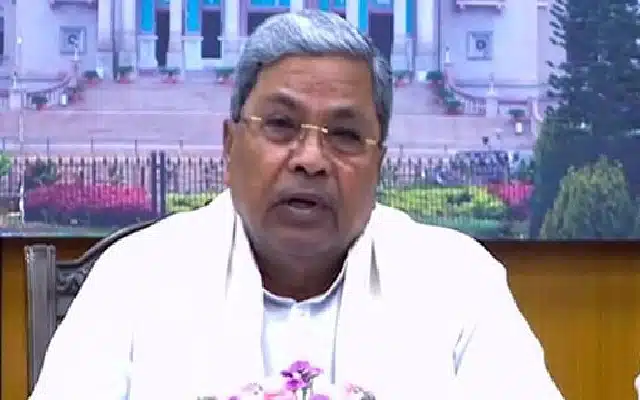Any activity which is fun and enjoyable is called play. 90 per cent of children claim games period as their favourite one. It not only brings pleasure but also children learn and develop important skills as they will continue to use throughout their lifetime.
Problem solving, creativity and willingness to take risk are few skills they develop through playing. Interaction with others, social skills starts from playing. This generation kids seize the opportunity to play with mud, soil which naturally progress the fine and gross motor skills among children. The addiction towards mobile phone or gadgets for playing hinders the important skills that are required for every child. Hence children nowadays show lack of empathy, no or less communication, and poor attention span. However, parents need to be aware of different types of play and how their children engage themselves in it.
So let us see how physical play has an important role in child development.
Surprisingly playing starts at an infant stage. An infant at this stage (0-3 months) makes a lot of movements with their arms, legs, hands, and feet. They learn and discover about how their body moves. Even though it doesn’t look like a play, this phase makes them observe and explore the world around them without proper organisation.
Sometimes children just play on their own or alone. This is often seen in children aged 0 to 2 years. This kind of play promotes a sense of initiative. Children do use clay, doll, animal figure or other toys. They might engage in conversation with these playing materials. Playing alone helps develop their creativity and enhance their imagination level. Children who are introvert in nature often continue this type of play even after growing up.
At times you might have noticed children just watch others at play but do not engage in it. They might interact with the players, have conversation related to play but do not involve in it. Though there is no involvement, this observation builds their cognitive skills by learning from the actions of others. This kind of play also improves their listening as well as comprehension ability.
As they grow, they develop another way of play. Here the child plays alongside or near others but does not play with them. This type of play can be seen in two or more than two years old children. This kind of play is normal and very important step in child’s development. This play develops language as they play together pick up words and add them into their vocabulary.
Later, children step into “play together” concept. Here they have organised playing rules, and common goals to be shared with each others. They have arguments, take turns and learn to negotiate. This kind of play brings out good communication skills, how to work with others, and the ability to accept failure, resolving conflict, and leadership skills.
To conclude playing is as important as study. It takes 50 per cent share. If anyone is of the opinion that reading and writing are the only tools to improve your child’s intelligence or skills you are absolutely wrong because the attention span, relationship with peers or with others starts from playing. Hence set time frame and allow your children to play. Obviously it has pros and cons yet this fosters lot of advantages for your child’s development since they learn important skills just by enjoying.
Image by Pexels



















